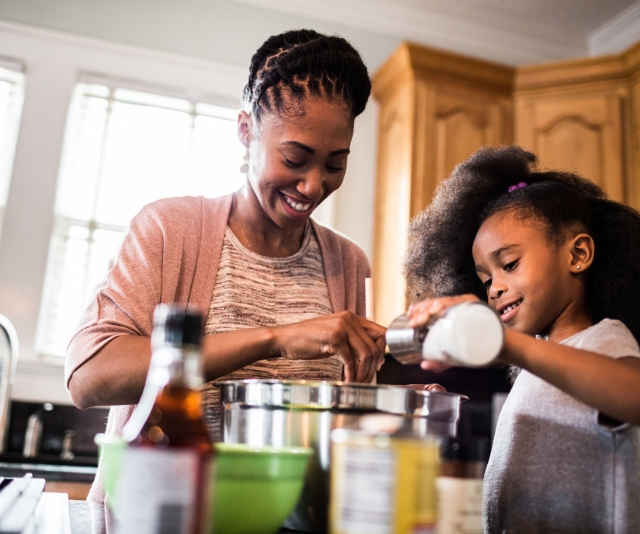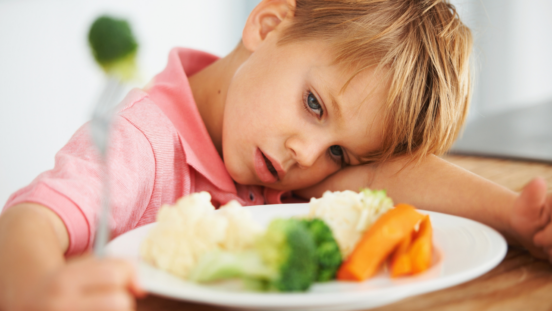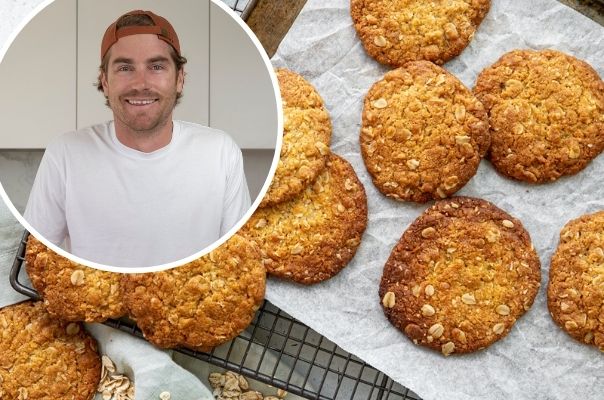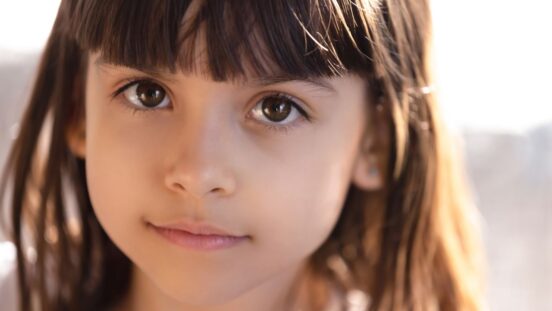How to use your kitchen skills to home school your kids
Don’t underestimate what kids are learning when cooking
By Kylie Archer, Kidgredients
How did you first learn to cook? Was it a parent or grandparent?
For me, it brings back memories of sitting on a stool in my Grandma’s kitchen, mixing the apple pie pastry dough and stealing bits when she turned her back. I still can’t make that apple pie as well as she did, but it did a lot to teach me about patience and also about the art of cooking.
When it comes to homeschooling, my main goal is to make sure my kids have experiences that they don’t normally have in the traditional classroom and having been a teacher, I know that cooking with a class full of kids is really difficult.
That’s why we’ve been spending a lot of time in the kitchen, as I know that it’s these moments that they’ll look back on and remember. Not only are kids learning to cook (such an important life skill) when they are in the kitchen with you, there is also a lot of informal (and formal) learning taking place.
Let me show you how …

Kylie blogs at Kidgredients and is a Mum to two primary school kids. Her yummy family-friendly recipes are designed to get the kids into the kitchen and have the whole family eating together.
Making sure tasks are age-appropriate and making them as simple and as fun as possible is key to learning in the kitchen. When we keep it simple and lower our expectations around perfection, cooking is a fun thing to do.
Here are some top tips for keeping it fun and simple:
- Don’t make anything too hard – for example rolling out cookie dough on a floured surface is difficult! So, roll it out between two sheets of GLAD Bake and Cooking Paper for simplicity.
- Choose an easy and fun recipe- baking is good because it results in a sweet reward for all your hard work.
- Don’t over complicate- if there is an easier way to do something- then do it! For that reason, we use GLAD SNAP LOCK Reseal Bags to pipe icing- no fiddly bags and tips to deal with.
- Be prepared to get messy- flour on surfaces and sticky fingers is all part of the fun.
- Try wherever possible to use an egg-free recipe – because then you can taste test as you go.

Don’t underestimate what kids are learning when cooking.
Cooking in itself is learning
Maths: measuring, weighing, making estimates, adding, subtracting and multiplication can all take place when cooking.
How can you maximise your kids’ maths skills whilst cooking? Get the kids to double or halve a recipe, make guesses around how much they think things weigh, convert cups and spoons to weights, even simple things like using multiplication to work out how many cookies are on a baking sheet is simple maths!
Literacy: reading and understanding recipes, sequencing steps, writing a recipe, reviewing a recipe, making lists and practising listening skills.
To get the most out of your cooking experience for literacy: make sure the kids are reading the recipe and working out what steps happen in what order.
Ask questions! Some of my favourites are: “can you show me what whisk means?”, “what do they mean by the butter needs to be softened?”
Anything that gets them answering with more than ‘yes’ or ‘no’ is beneficial to their learning.
WATCH: Gwyneth Paltrow calls son Moses Mo Mo in sweet home-cooking video. Continues after video …
Science: making predictions, observing changes, changing states, investigating hot and cold and choosing materials, are all part of kitchen science learning.
So much science happens in the kitchen, you just need to encourage the kids to see it as science. Look at the changes in states of ingredients- what is butter-like when solid versus what it is like melted? Why do we use certain materials in cooking- for example, why don’t we use plastic baking trays?
My favourite is asking the kids to write predictions around what will happen when something goes in the oven or gets heated on the stove- will it change colour, texture, shape or size?
Above all have FUN together during this time
The best learning and schooling are accidental- if you don’t make it obvious that the kids are learning… they will accidentally learn all these skills and enjoy it!




